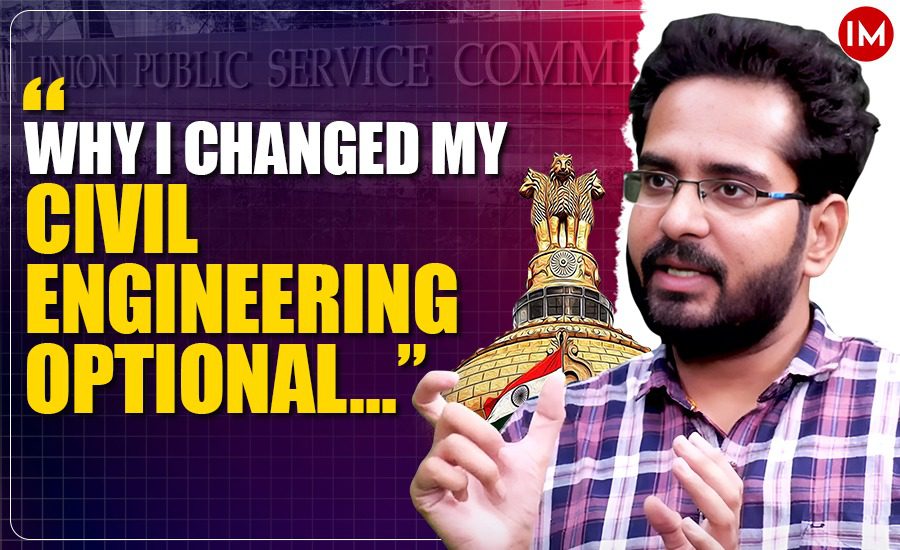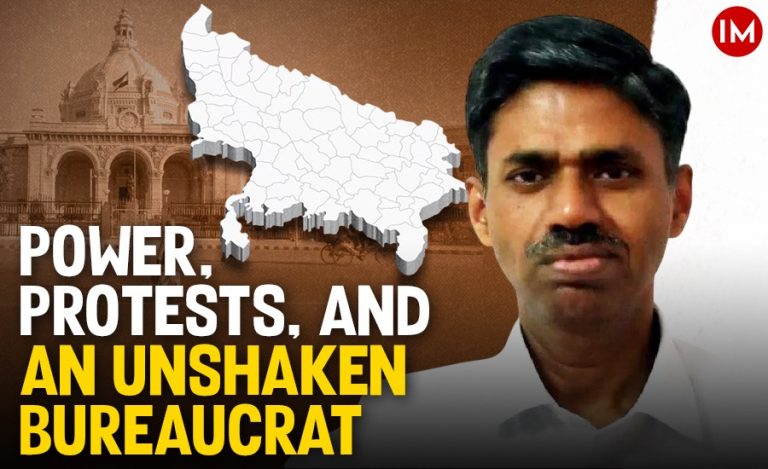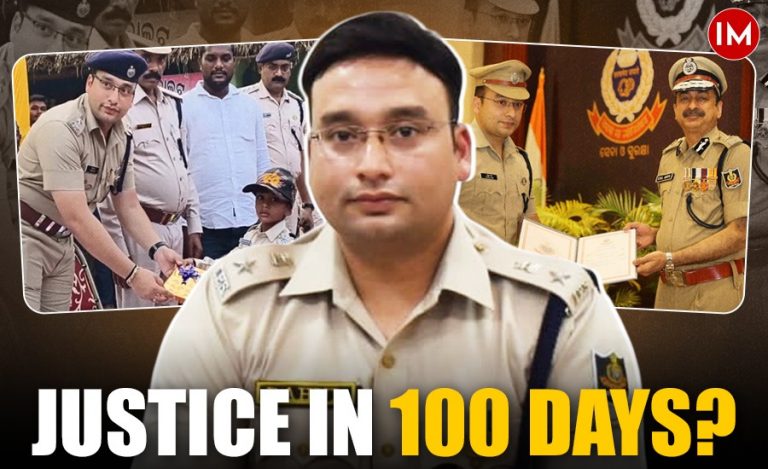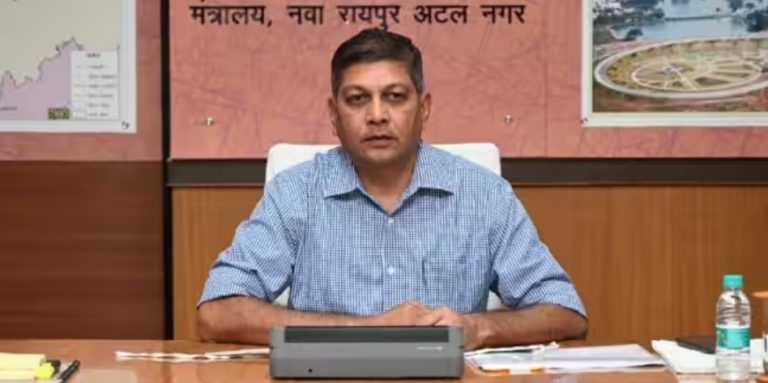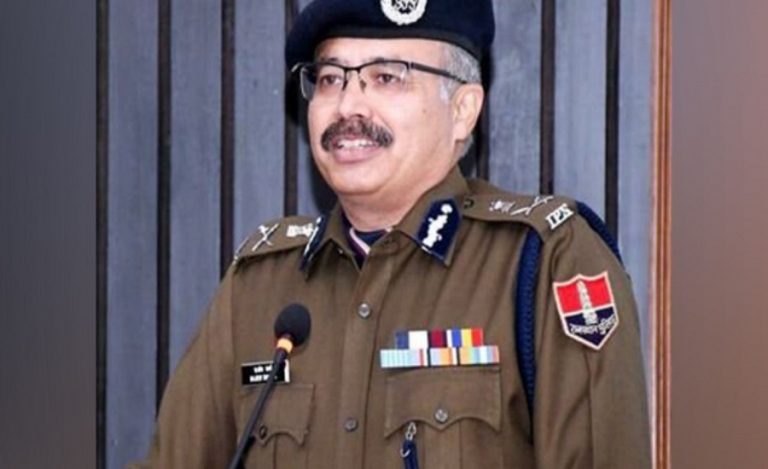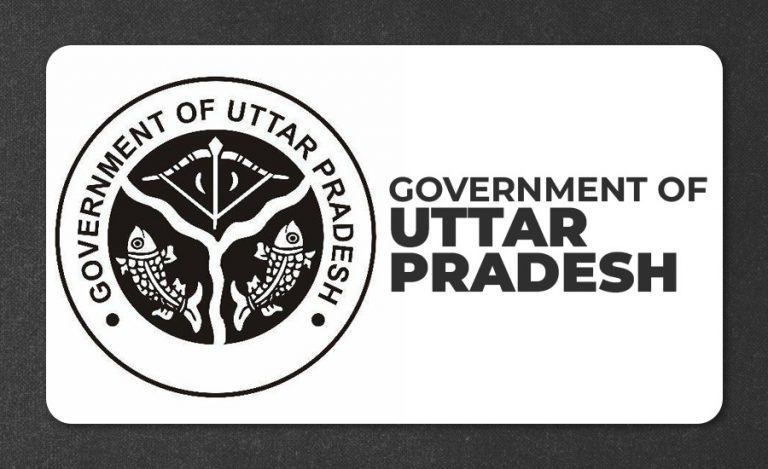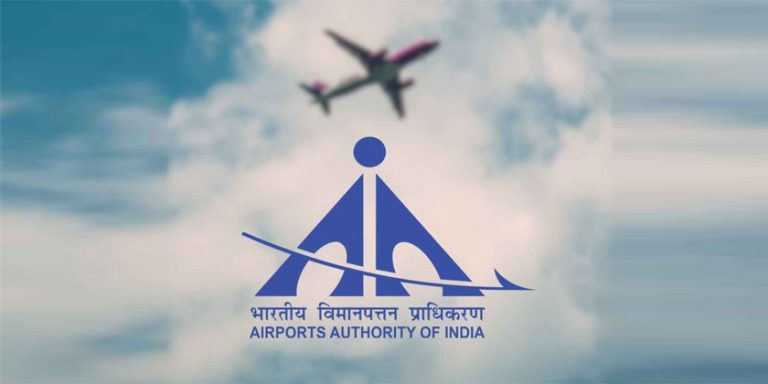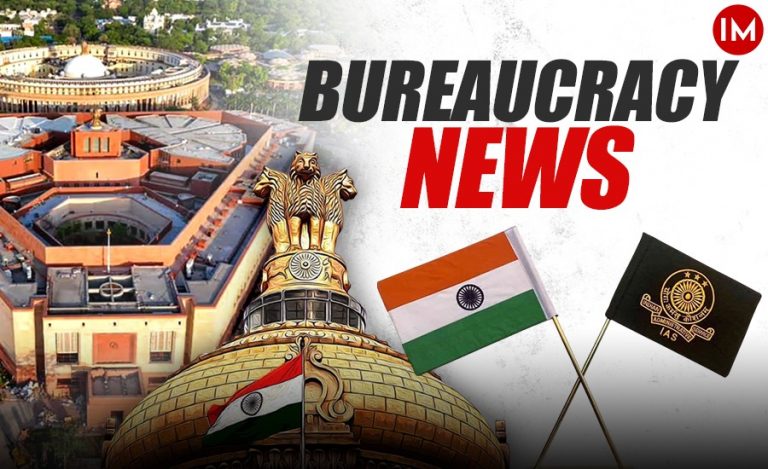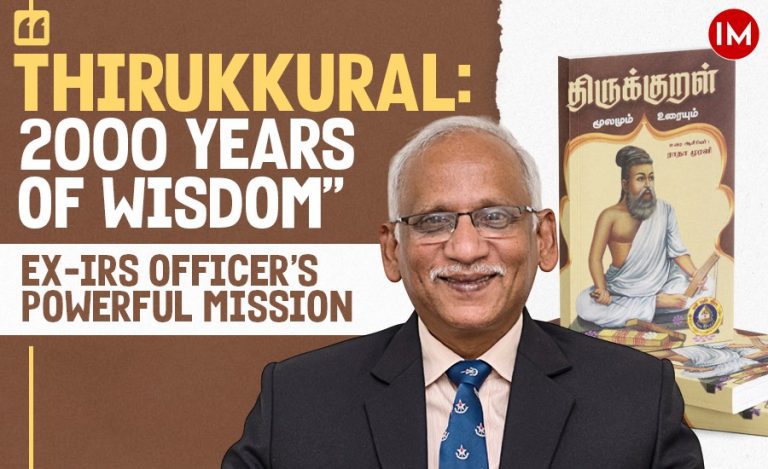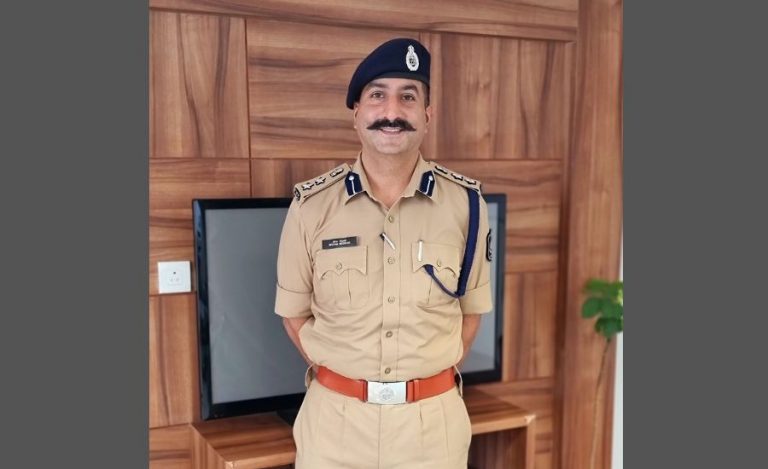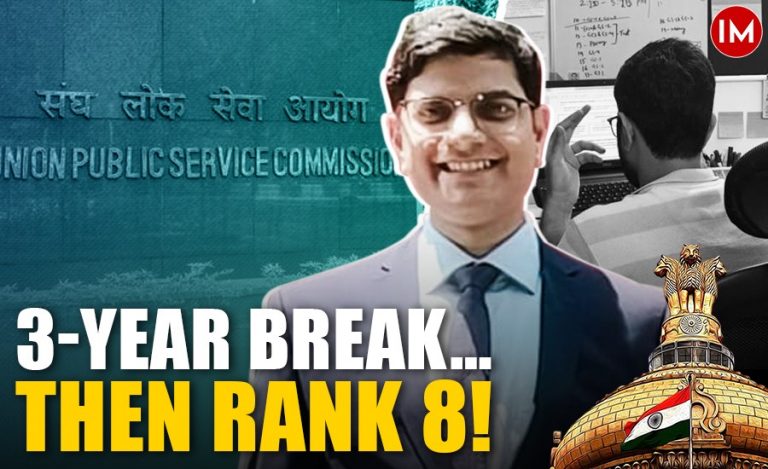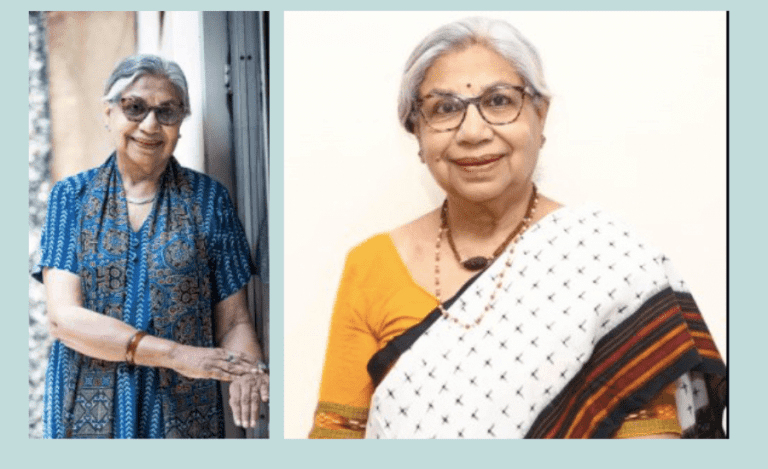Indian Masterminds, in a candid conversation with Abhishek Singh, who secured an All India Rank of 78 in the UPSC CSE 2024, reveals a journey marked by learning and adaptation. From Jaunpur, Uttar Pradesh, Abhishek’s path to civil services was not a straight one, involving a shift from civil engineering to anthropology as his optional subject.
WATCH THE VIDEO HERE-
Abhishek’s academic background includes a B.Tech in Civil Engineering from IIT Hyderabad, graduating in 2020. His parents, a farmer and a homemaker, provided strong support throughout his preparation. The announcement of his result brought an outpouring of emotion and celebration from his family, who were gathered for a wedding at his home.
His motivation for pursuing civil services developed during his college years. He found satisfaction in grassroots engagement, like teaching in schools and organising blood donation camps. This experience, coupled with the wide range of opportunities and early leadership roles offered by civil services, cemented his decision to forgo corporate placements and begin his UPSC preparation immediately after graduation.
Abhishek’s success came after four attempts. His initial attempts were hindered by several key mistakes. He admitted to not thoroughly analysing UPSC’s previous year’s prelims exam questions or understanding their language patterns. He also neglected answer-writing practice and failed to create structured notes for his main exams. A significant hurdle was his choice of Civil Engineering as an optional subject, which he initially picked due to his strong academic performance in college. Despite his efforts, he found it difficult to score well in this subject.
A turning point came after his third attempt, when he failed to clear the preliminary exam. This setback prompted him to re-evaluate his strategy, leading him to switch his optional subject to Anthropology. This decision was influenced by similar experiences of friends and the realisation that Anthropology offered a more manageable syllabus and better scoring potential. This period of change also coincided with his engagement in Vipassana meditation, which helped him navigate the mental challenges of the preparation process.
Abhishek emphasises that failure is a learning opportunity, and each setback allowed him to refine his approach. For aspirants starting their journey, he recommends dedicating the first six months to integrated prelims and mains preparation, focusing on completing the main syllabus and creating notes. The subsequent four months should be exclusively for prelims, with a daily hour dedicated to CSAT. He also advises giving 50% of study time to the optional subject during the initial eight months of preparation and even during the 90-day gap between prelims and mains.
When it comes to current affairs, Abhishek suggests covering material from 15 to 18 months prior to the prelims exam, emphasising thorough revision of this period. For new aspirants, he recommends starting with NCERT books from 6th to 12th grade to build a foundation and develop interest before moving on to standard UPSC books.
MASTERING PRELIMS AND MAINS
For the preliminary exam, Abhishek highlights the importance of understanding UPSC’s question language and patterns. He shares practical tips for elimination techniques, such as identifying extreme statements (e.g., “completely eradicate”), which are usually incorrect, and moderate statements (e.g., “can help”, “may help”), which are often correct. He also notes that statements with words like “only”, “any”, or “drastically” are often incorrect, and statistical data or organisational names in questions are sometimes misleading.
THE ART OF ANSWER WRITING
Abhishek stresses the critical role of answer writing in the main exam. He views it as a marketing skill, where candidates must present their knowledge effectively to the examiner. Key aspects include excellent presentation and proper structuring with clear introductions, conclusions, and body paragraphs. He advises using headings and subheadings and incorporating examples, committee reports, Supreme Court judgements and data to add credibility. He also suggests having ready-made introductions and conclusions for common syllabus topics and utilising diagrams to enhance answers, especially in 15-marker questions.
Common mistakes to avoid, according to Abhishek, include not preparing self-made notes and using informal presentation styles like arrow points instead of structured paragraphs.
A BALANCED APPROACH TO PREPARATION
Abhishek’s daily routine involved intense study, often up to 10 hours a day during peak preparation, alongside sufficient sleep. He also maintained his Vipassana meditation practice as a hobby to stay calm and composed.
Regarding his interview, Abhishek describes it as unpredictable. Despite his detailed application form (DAF) including his optional subject of Anthropology, his interview largely focused on his previous optional, Civil Engineering, and his home district of Jaunpur. He advised staying calm and composed even when unsure of answers.
Abhishek’s message to aspiring civil servants is to embrace the challenging journey with hard work, consistency, and a belief that fortune favours the brave. He also emphasises that UPSC is not the sole determinant of success, reminding aspirants of the myriad opportunities available in a developing nation like India. He himself had a backup plan: pursuing teaching, a profession he enjoys and finds fulfilling.

